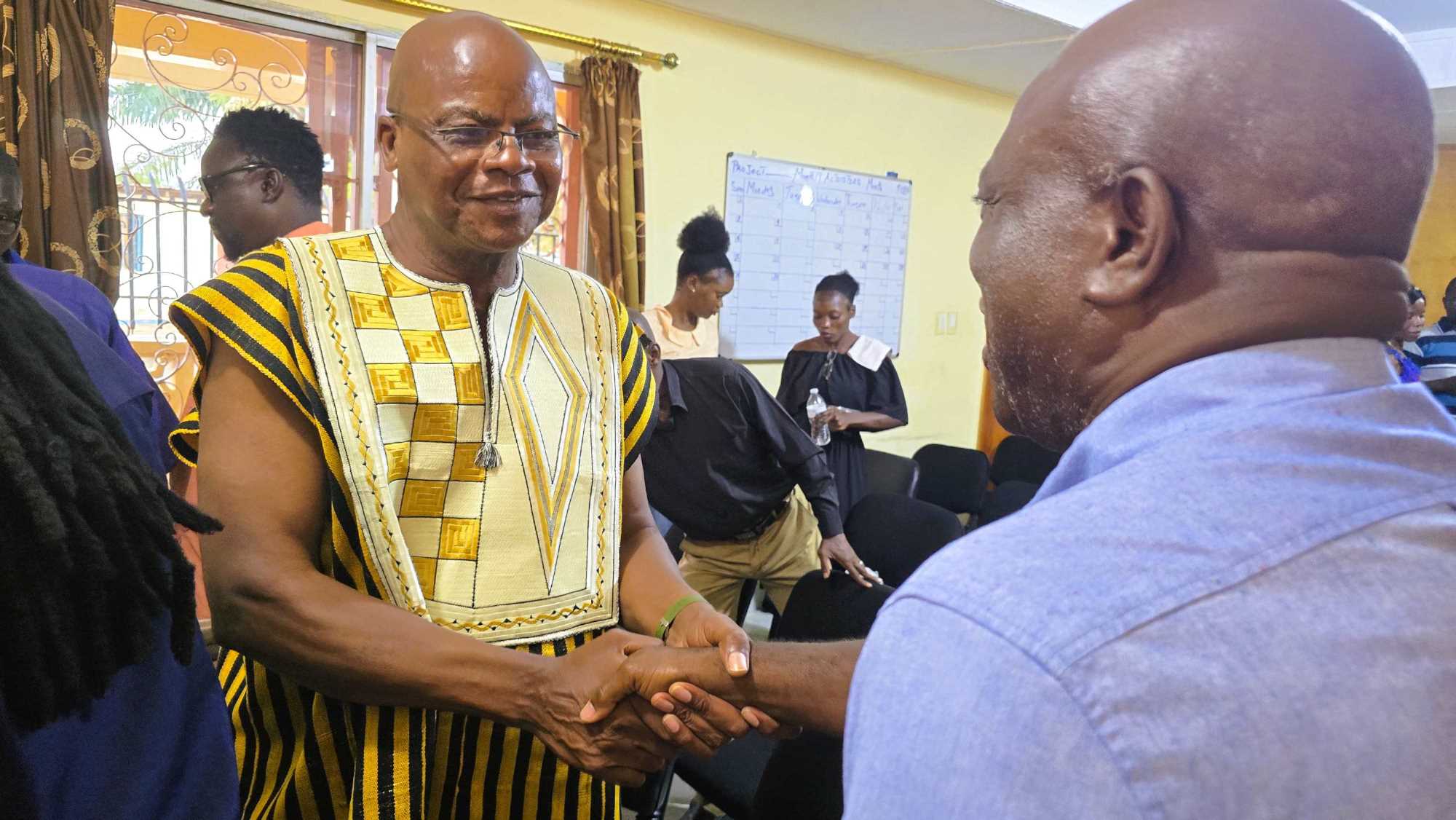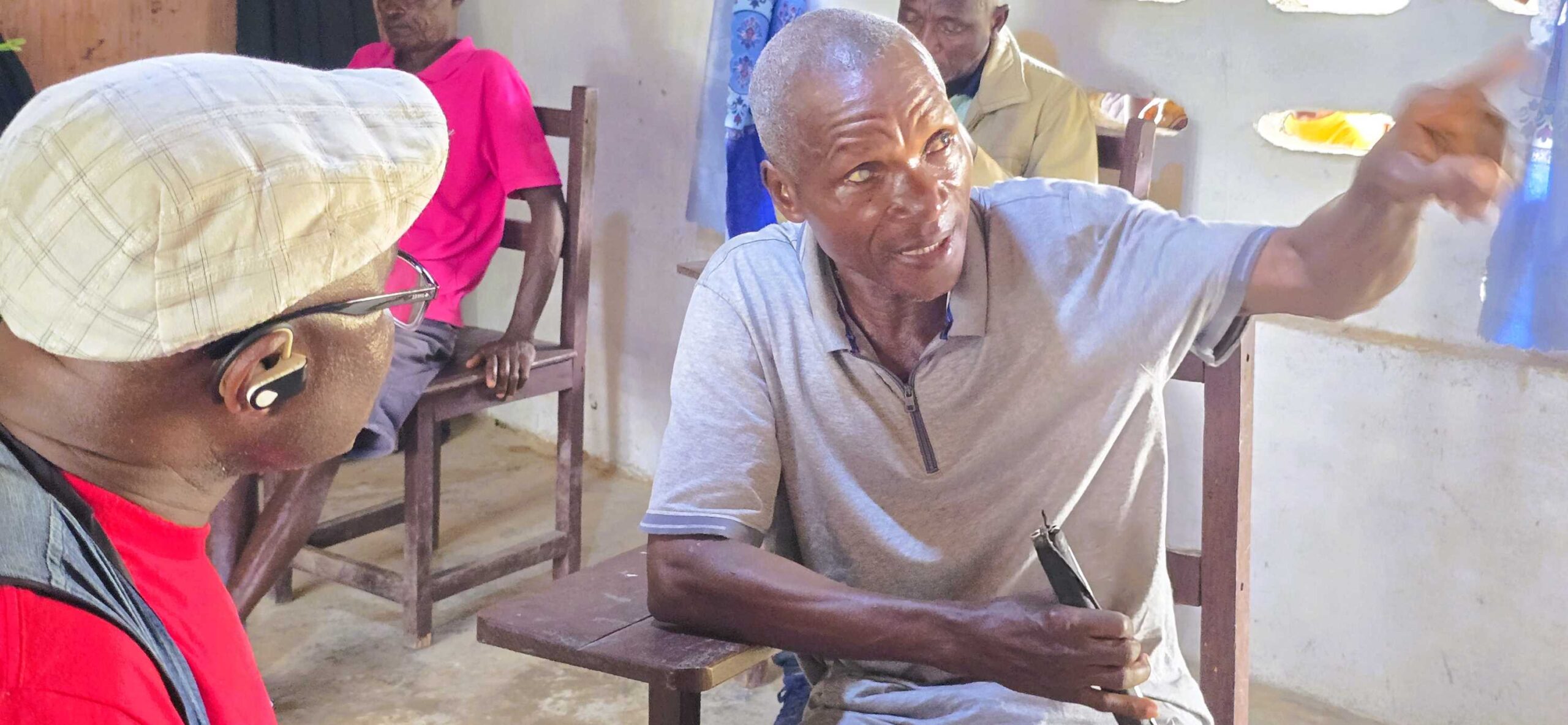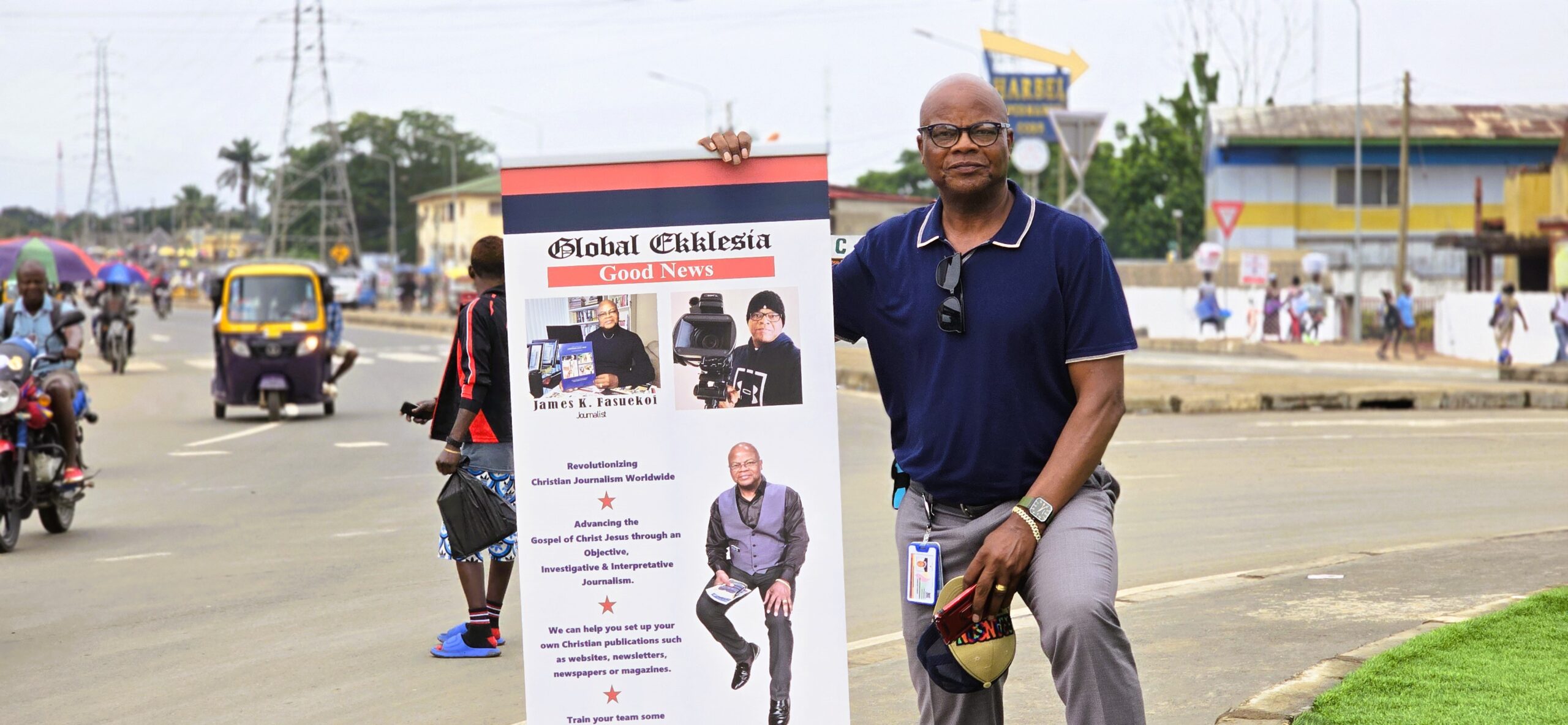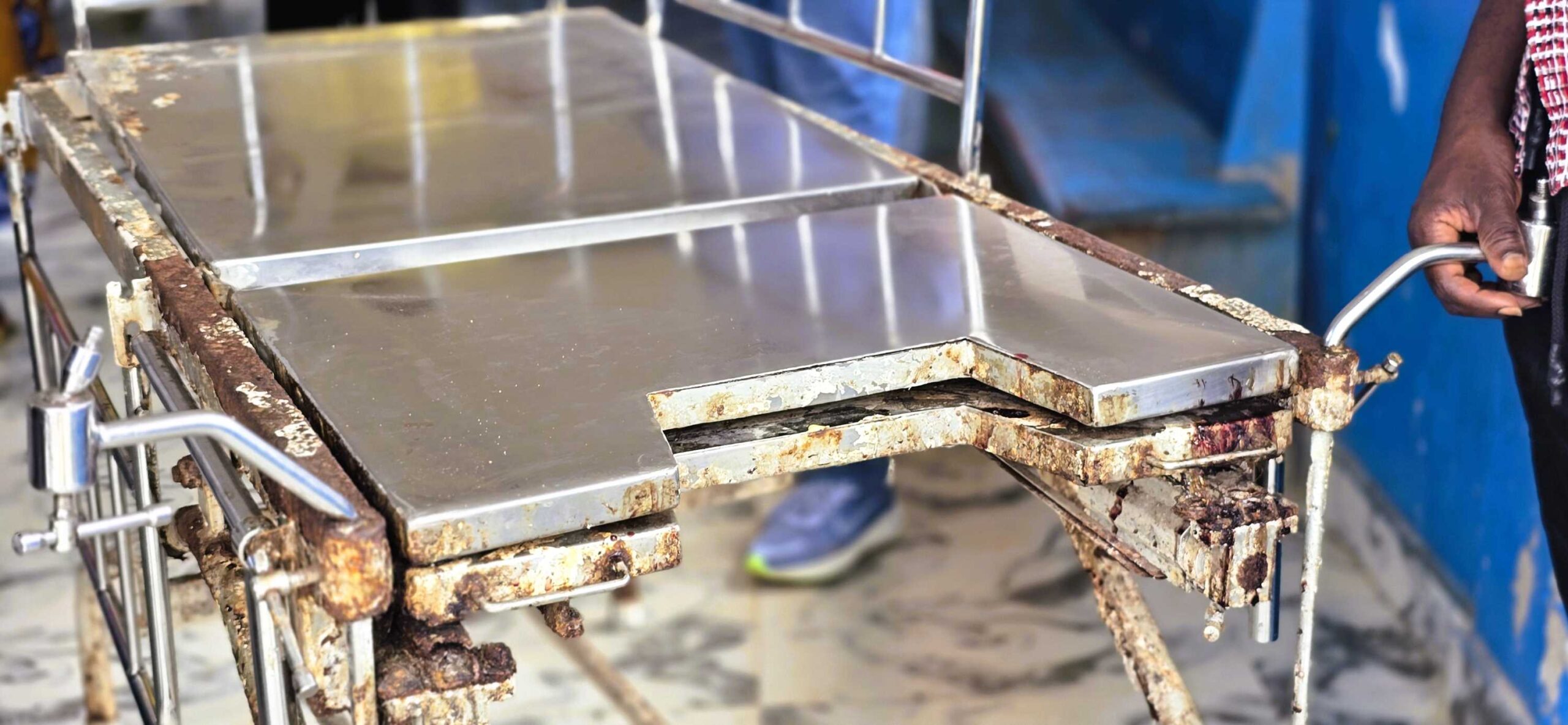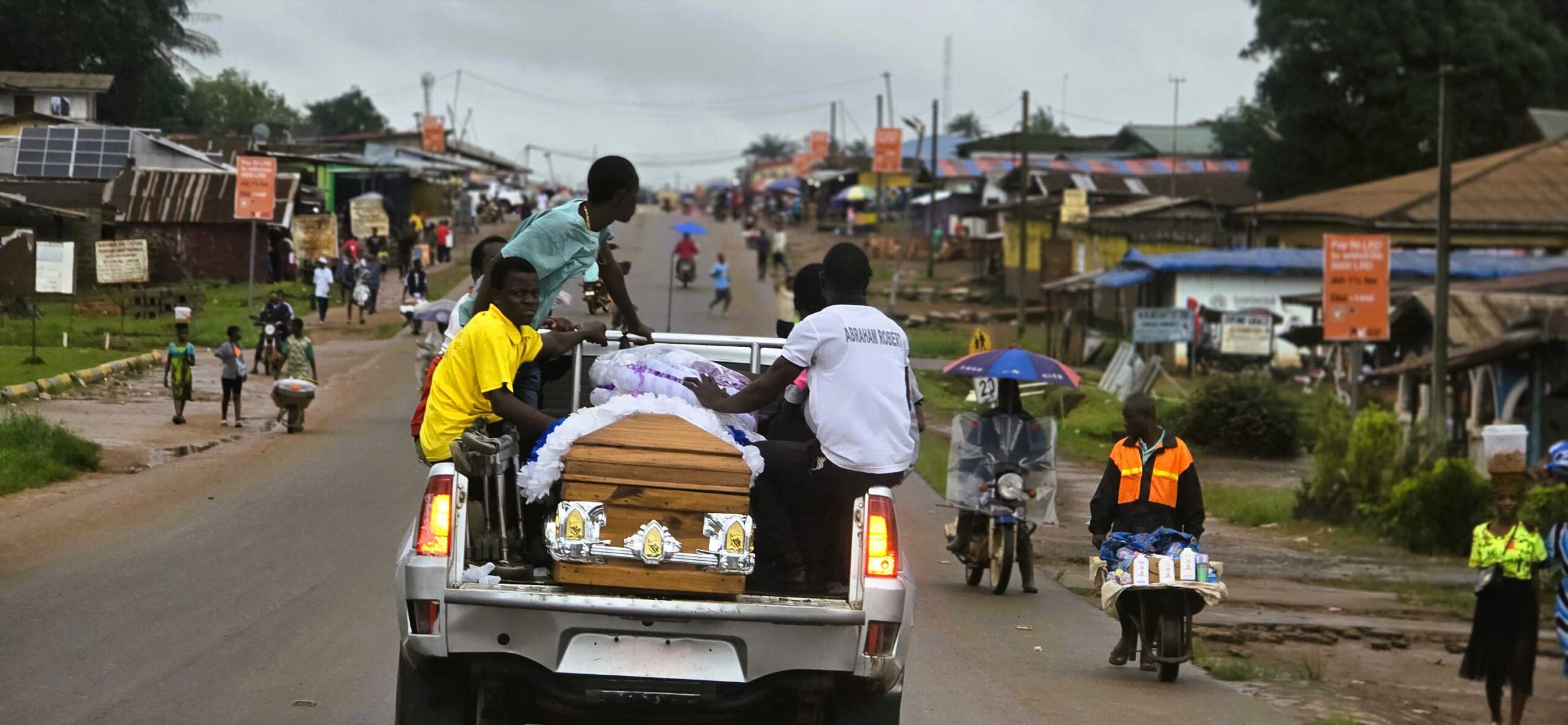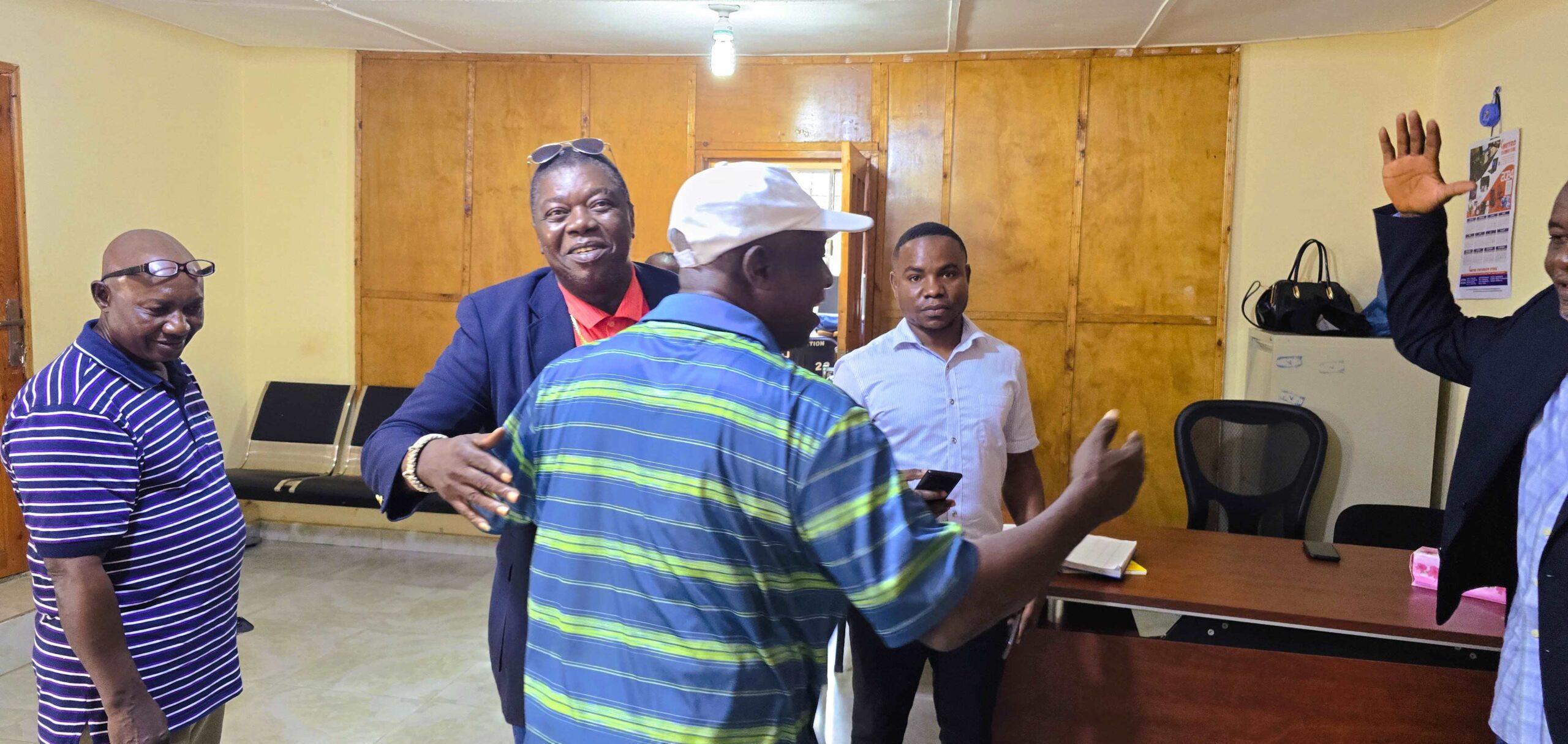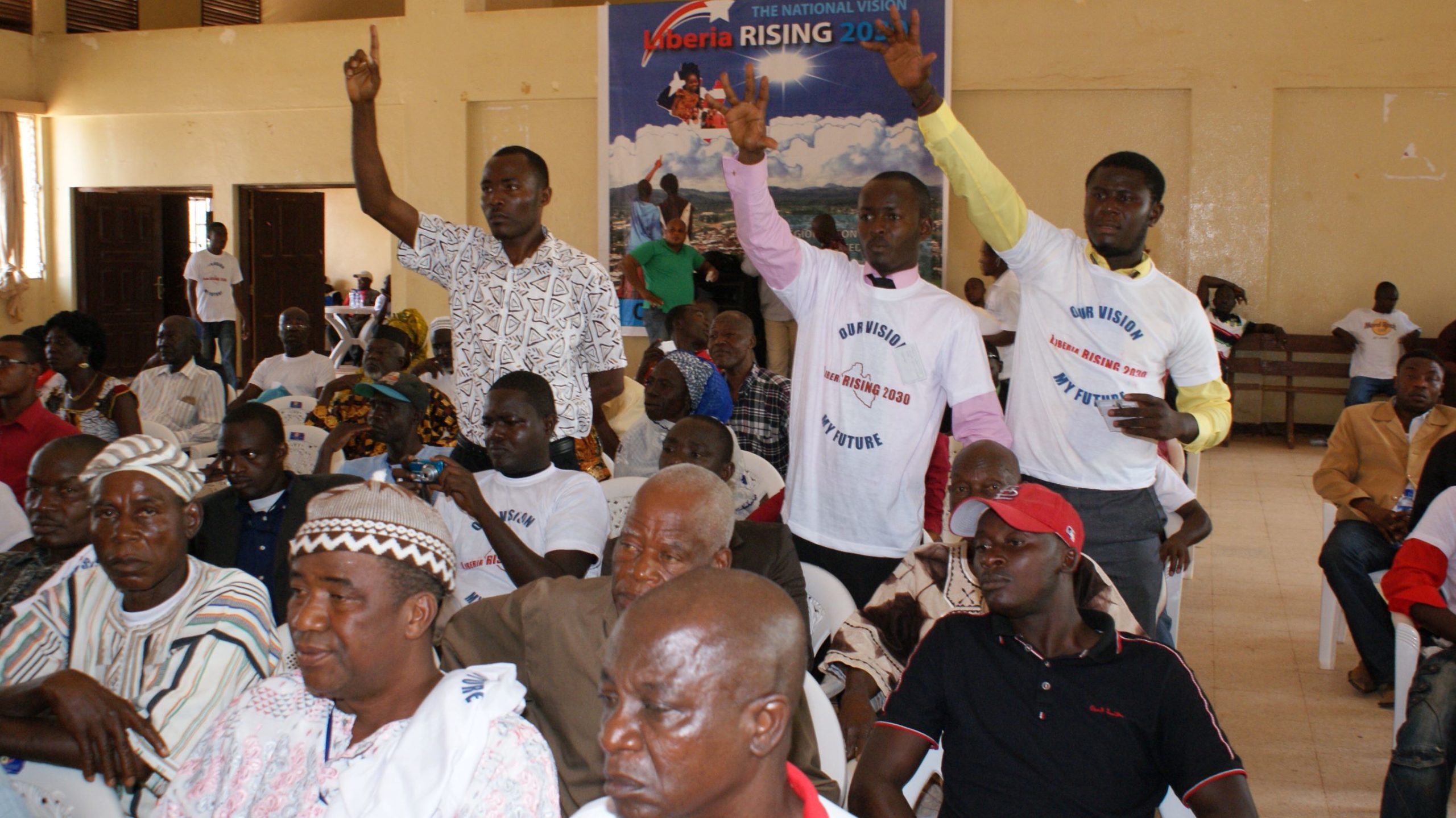41 yrs after assassination countless testimonies of Pres. Tolbert’s achievements abound
President William R. Tolbert Jr., in 1977, quoted Romans 6:23 “For the wages of sin is death!” shortly before he proceeded to execute 10 Marylanders found guilty of ritual murder. Nevertheless, he’s still remembered by many people for many other things unwritten-please read on.

By James Kokulo Fasuekoi|Editor-Publisher
Highlights
Since his demise over 40 years ago, heated debates by scholars in the West African nation have lingered on with some calling him a “great leader” (by comparison to those who came before and after him) while some think he was a “moderate” and true reformer, one with vision to take Liberia to a “Higher Height” per his popular political slogans.
Assassinated April 12, 1980, by soldiers from indigenous background, scores in fact, now question the true “motive” behind Pres. William Tolbert’s gory murder, considering the leadership crisis, widespread corruption as well as the “persecution” of certain groups that have plagued this once peaceful nation thus leading it to war after his death.

Now, scores of scholars think that Tolbert’s killing may have been circumstantial; one found in the wrong place at the wrong time! For Tolbert, firstly, was a God-Fearing Man, one that shunned the evils of tribalism and murder; secondly, he maintained national stability throughout his presidency; and thirdly, he gave freely to the needy, including groups, irrespective of their “gender” or political leanings, unlike today.
Bible: “Do not withhold good from those to whom it is due, when it is in your power to do it” (Proverb 3:27).
Dr. Saqui Malakpa’s Tolbert-story

Dr. Saqui G. W. Malakpa hails from the town of Wozi, near Fissebu, in Lofa, a place that became the favorite of early American missionaries, making them to settle there and begin work in “Lorma Country”, the name of the former Lorma Kingdom repeatedly cited in a diary by early US-Liberian explorer Benjamin Anderson.
Dr. Malakpa, for the most part grew up being blind in this small but historic forested town. He of course, had every reason to make himself pitiful and sit back, or better still, go out into the streets of Liberia and beg for money like most in similar condition do, to make a living.
Despite the fact that the cultural environment presented extraordinary challenges then and now, especially for people with disabilities-needless to cite a condition of visual impairment, Malakpa wasn’t ready to give up hope. This was a period when the idea of a school for the Blind in the country was unthinkable, although colonial British Sierra Leone already had one and was functional.
As it happened young “Saqui” (Lorma meaning, “Tortoise”), one day thought of sending a letter to former President Tolbert, to request assistance to do a surgery on his both eyes.
Even though beset perhaps, by the “thought” of “what if” Malakpa still persisted for he sure knew one fact-that Father God, lives and He caters to the needs of His own regardless of one’s condition, be it color, origin, political or social standing.
The letter, dated “March 6, 1972” and given to President William Tolbert through a female police sergeant named Tulu Hilton, pleaded for assistance to have his sight restored, he tells Global Ekklesia in a recent email during our inquiry.
Once the issue with his sight got out of the way, he would work and put himself through school.
In Africa, particularly Liberia, most aids don’t let citizens meet their “president” and for a blind person, the odds of seeing a president or getting a letter delivered to him can be even greater. Hence in Malakpa’s case, it had to be God that linked him with the right person.
Eventually, President Tolbert arranged a meeting to see him and afterward Tolbert sent him to the John F. Kennedy Memorial hospital to be examined by the nation’s top ophthalmologist Dr. Traub before taking further steps.
Dr. Traub, Malakpa, narrates, had earlier in past years performed three surgeries on both eyes. This visit to Dr. Traub was to determine if sending him to Israel could be helpful enough to restore his Malakpa’s sight per his request to Tolbert.
Unfortunately, his visitation results weren’t encouraging as Dr. Traub “did not think so” he writes in the email.
“I then told the president that if I could not go to Israel, I wanted to return to school.” At that, he notes, Dr. Tolbert sponsored him to the school for the Blind in Freetown, Sierra Leone.
When he finished braille, he returned to Albert Academy, a secondary school also in Freetown. After his graduation Tolbert offered him a scholarship to “study at a university of my choice anywhere in the world” he tells this web magazine.
Today, Dr. Saqui Malakpa is a professor and teaches at the University of Toledo, Ohio, one of America’s top learning institutions. Jokingly referred to as “Blind Professor White University”, Dr. Saqui Malakpa served as the 2008 National Orator for the country’s July 26th Independence Day celebrations.
Now, he attributes his achievements not only to Pres. Tolbert’s kindness but far-sightedness, and added that without his help, he Dr. Malakpa couldn’t have reached such a level in western education.
Tolbert’s kind-heartedness has developed a strong bond between Saqui and Tolbert’s family and prompted a trip to Bentol City in 2016 by him during which he met with Mrs. Christine Tolbert Norman (Pres. Tolbert’s older daughter) together with Rev. Tolbert III (recently killed in Liberia) and both welcomed him to their homes.
Tolbert’s major achievements
President Tolbert served as president of the Baptist World Alliance at some point. A God-fearing person, he did away with hypocrisy at best and practiced love, honesty, according to his own preaching, thereby loathing any acts of discrimination against any group, or people.
His love for peace made him travel to war-torn Biafra 1969, on a peace mission. (This is his second key achievement while he served as vice president of Liberia and is listed on a huge poster on display at the Bentol City Hall).
Perhaps, his trip to Biafra could have been an underlying factor that prompted Africa’s Superpower nation Nigeria to quickly move and spearhead the first regional multinational peacekeeping force, ECOMOG to quell the growing carnage in Liberia 21 years later.
Tolbert, for the records, served eight years in the House of Representatives during which he’s said to have “single handedly sponsored over 400 resolutions and legislations.”
It has been also observed that Tolbert’s strong support for gender equality led him to sponsor the 1947 “Women’s Suffrage Bill” that afforded Liberian “women equal rights in the law.”
In his campaign to build a better Liberia and fight against “ignorance, disease and poverty,” he constructed an all-girls dormitory school in Gbalatuah, in the heart of Liberia, to educate young girls of parents with little means.
His move by relocating Monrovia’s eye-sored West Point which sits under Ducor, to Gardnesville, won him applause and it is unknown as to why the town still sits at the same location in 2021 in filth.
Tolbert’s support for youths, cultural heritage
Even though a descendant of Americo-Liberian ethnicity, Tolbert adopted Kpelle as his own ethnic group (of the nation’s 16 tribes) and was said to speak Kpelle fluently; that isn’t the case with many of his predecessors and people of “Congo” heritage.

It has also been established that he was an avid supporter of youth development, and the evidence is revealed in his remarks and deeds cited herewith: “With an accent on youth and speed, and on competence and effectiveness, I see a dynamic nation propelled by forces of measured movements and lasting results.”
Because of his love for Liberian cultural performing arts, Tolbert supported the arts in such an immeasurable way, personally recruiting folk singers, dancers and drummers as he toured the nation and brought recruits to Kendeja to make up the country’s main national ballet dance troupe, the now disbanded National Cultural Troupe.

Liberia’s once well-known gifted Yoga master-artist Jacob Dweh, reportedly murdered by Taylor’s rebel fighters because of his ethnicity, was among artists recruited by Tolbert himself, says former T.V. Journalist and Artist Kekura Mohammed Kamara.
According to Mr. Kamara, who filmed and acted as the main cast in Malawala-Balawala T.V. series, Pres. Tolbert surprised members of his Tubman High School cultural dance group in 1974 as he Tolbert visited the U.S. the president, he said, gave ex-MOI Minister E. Reginald Thomson about 24 hours in order to get the “Jungle Dance Troupe” to the U.S. for a dance festival.
“This happened over the Easter and we all [student dancers] had gone for vacation…and the next thing we began to hear announcement on national radio, calling on all of our members to assemble in Monrovia quickly” Kamara, one of founding member of the defunct group told Global Ekklesia in an interview.
Almost all of “Jungle toupe” members alive, still vividly remembered their exact locations when this “good news” hit them about their first and historic travel to the Great United States. And Kamara’s troupe would eventually set history, becoming the most powerful and private national ballet dance company in the country.
Mr. Kamara explained that their visit had been in the making for a long while that an official of their group had to travel to America and finalize the trip but she encountered some hurdles. Tolbert, he said, got a hint of the news and stepped in to help right away, Kamara explained.
Jungle Dance Troupe becomes “Liberian Cultural Ambassadors”
When the Jungle Dance Troupe returned home, members received a rousing welcome and Tolbert invited the group to perform at his birthday ceremony that year in Bentol.

Impressed by the group’s splendid performance Dr. Tolbert, officially declared it as the “True Ambassadors of Liberian Culture” thus, “Liberian Cultural Ambassadors” was birthed.
Determined to show off his country’s rich cultural heritage to the Gambians, Tolbert placed about 25-30 men performers on a special Jetliner that flew the troupe to Banjul, the Gambia where they performed for Gambian President Dawuda Jawara, a good friend of Tolbert, 1978.
From the Gambia, Tolbert co-sponsored a 40-men team of artists from the Liberian Cultural Ambassadors to participate in a month-long cultural extravaganza in the USA in 1978 which gave the group a great opportunity to showcase Liberia’s rich cultural values, ending in a downtown Los Angeles Street scene festival.
Editor’s note: Author James Fasuekoi was once a ballet dancer and actor with the Liberian Cultural Ambassadors Dance Troupe and also played “President William R. Tolbert Jr.” in “Redemption of the Liberian People”, one of the troupe’s erstwhile leading ballet-drama that portrayed the indecent treatments of Indigenous Liberians by Americo-Liberian dynasty for well over 133 years.
JESUS CHRIST IS COMING SOON! ARE YOU READY?




